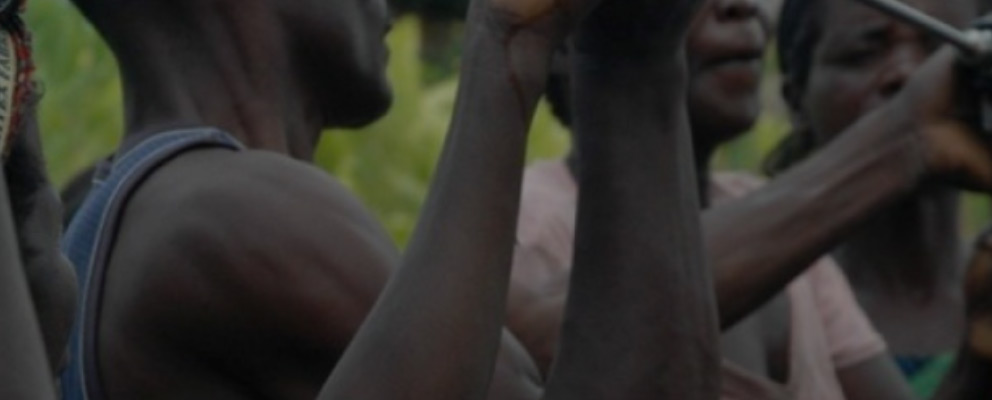Envisioning a world without poverty and inequality
Would you be surprised to hear that the world is more free, peaceful and prosperous than at any time in human history?
In the 1800s, the vast majority of the world’s people lived in miserable conditions, without access to adequate food or shelter. Today, less than 10% of the world lives in extreme poverty – despite a seven-fold increase in our population.
Life expectancy has doubled in the last 100 years. Child mortality has reduced from 32% to less than 4%. More children are in school, more people live in democratic societies, more women have access to sexual and reproductive health rights than ever before in human history.
We have also improved standards of living and expanded freedoms in ways that would have been unimaginable a few generations ago.
The eight richest people in the world have the same wealth as the 3.6 billion poorest.
But there’s something missing from this picture.
The progress I’ve described hasn’t been uniform. Even though inequalities between countries have reduced, inequalities within countries are increasing. In fact, the eight richest people in the world today have the same wealth as the 3.6 billion poorest. Whether it’s Indigenous communities in Canada, refugees in Jordan, urban slum-dwellers in Kenya – a lot of people have been excluded from our development success story.
What’s more, we’re beginning to pay the price for the unsustainable ways in which this development took place – driven by fossil fuels, destroying fragile ecosystems, and devastating marginalized communities. We know that our current situation is unfair and untenable.
This was the impetus behind the historic gathering in September 2015, when 193 UN member states adopted the 2030 Agenda for Sustainable Development.
The Sustainable Development Goals (SDGs) promote dignity, people, planet, prosperity, peace, and partnership, and represent the most ambitious effort humanity has ever undertaken. While these goals are ambitious, we need only to look at how far we’ve come, and the people who are already working hard to create a better world, to see that positive change is possible.
Let me give you an example. I’ve been privileged to work with and support some amazing entrepreneurs – like Rita and Peris, the founders of FarmDrive. They launched FarmDrive as a social enterprise, Their aim is to improve access to loans for small-scale farmers who are largely excluded from financial systems, and allow them to expand their businesses, create more local jobs, and grow more food for their communities.
Rita and Peris are creating the future they want to see. And I’m inviting you to join the movement.
Every one of us has a role to play. Every journey starts with a first step – that step is commitment. Hello 2030 is my personal commitment to the SDGs. This commitment affects the charities I support, my consumption choices, and my leadership at work, at home and in my community.
In a world where political leaders seem fixated on petty differences and are increasingly retreating from our global commitments, your commitment now is all the more important. We must raise our voices for what matters more than anything else: the world we leave for future generations.
What sort of a world do you want your children, grandchildren, nieces and nephews to inherit?
I show my support for Hello 2030 because I believe Canada – and Canadians – can do more, and I stand to champion our collective commitment to the SDGs.
Together, we can, and will, create a better world.
Boris Martin is the CEO of EWB Canada. You can follow him on Twitter at @borismartin.
